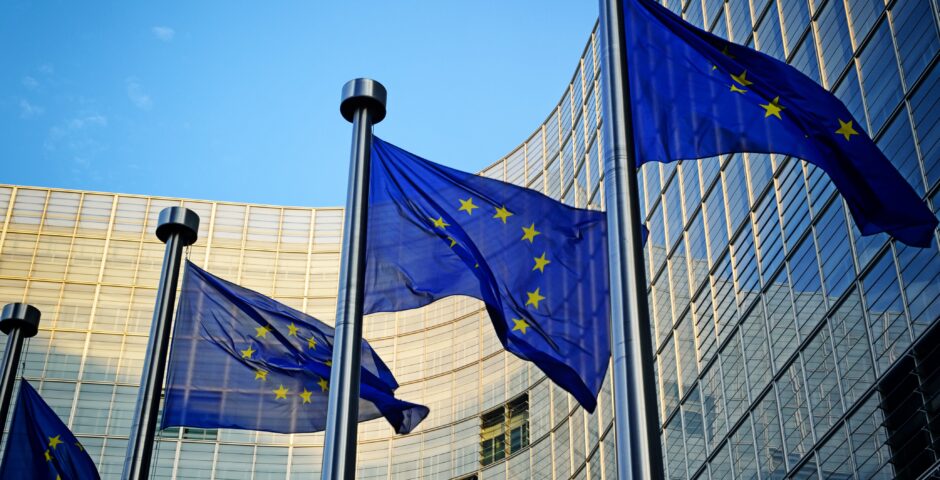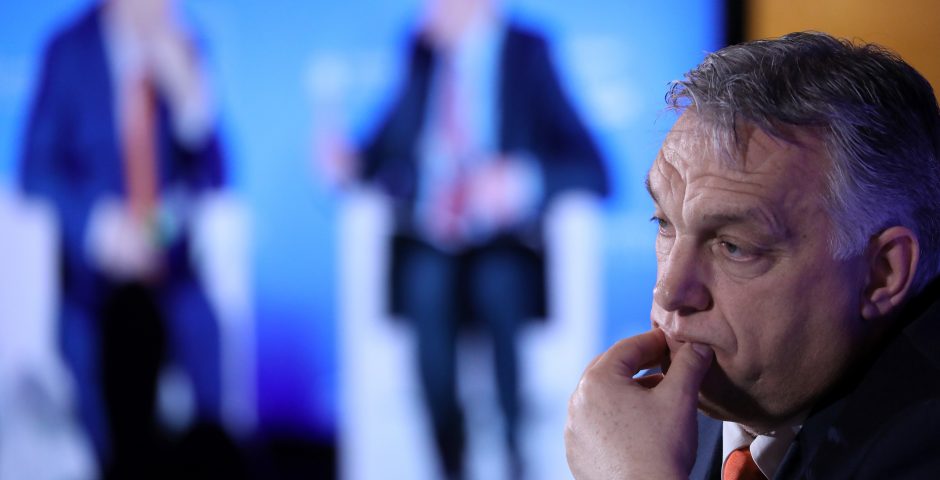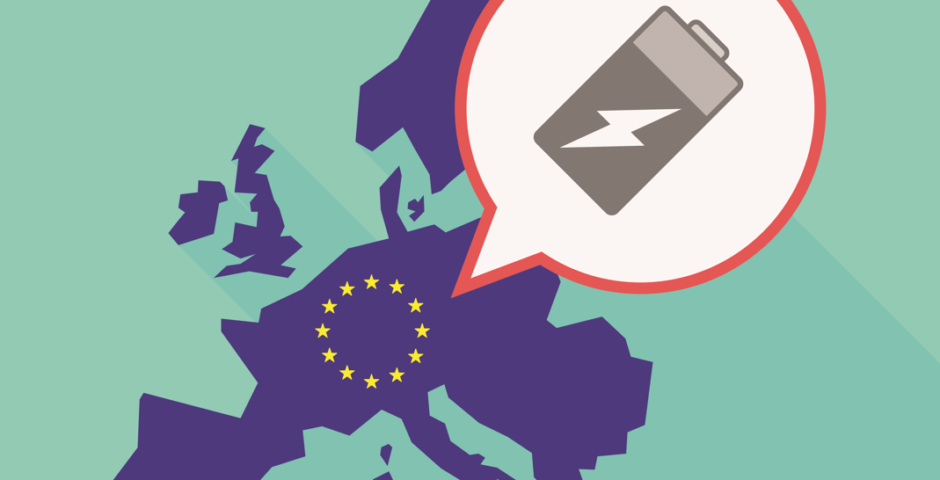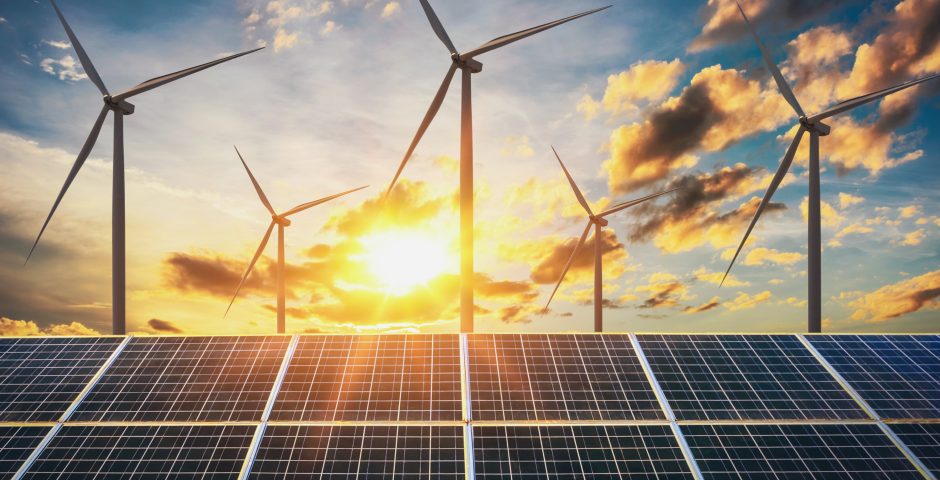What happened to the European Union’s ring of friends?

In 2004, the European Union announced its desire to form what it called a “ring of friends” through its Neighbourhood Policy. However, eighteen years later, it seems that this dream has turned more into one enormous nightmare, with tensions threatening the Union’s eastern and southern flanks. In the hopes of surrounding the European Union with allies and stabilising tensions, the Neighbourhood Policy offered financial and technical assistance, in addition to facilitating market access, to sixteen countries, in exchange for the adoption of democratic and economic norms. Unfortunately, the Union has surrounded itself with a ring of fire instead.
Needless to say, this failure was partially due to forces beyond Brussels’ control – Russia has been intimidating its former satellite states, the Middle East has become an area of political and religious discord, and China’s “wolf warrior” trade threats have now taken aim at the Baltic Member States. Officials have acknowledged that the framework that was designed to engage and transform our neighbouring countries was flawed from the start. “That was patronising, […] telling everyone what to do because we believed they wanted to be like us,” Christian Danielsson, head of the Commission department for neighbourhood policy and enlargement, recognised.
Flawed from the start
The Neighbourhood Policy assumed one-size-fits-all approaches for countries which were vastly different socially, culturally, politically, and economically. It was rather arrogant and naive to believe that this unmoving framework would not be doomed to fail. On the one hand, most of the countries were still in development, both politically and economically, and were, therefore, unwilling or ill-equipped to apply legislation that was in accordance with the European Union’s norms. Some more authoritarian rulers believed that the Neighbourhood Policy would threaten their personal interests and opposed it out of fear. Others simply believed that there were too many strings attached for too small rewards and opposed it out of disinterest in the project.
On the other hand, the Neighbourhood Policy fell prey to unexpected foreign attacks. Five of the six Eastern Partnership member states – Ukraine, Moldova, Georgia, Armenia, and Azerbaijan – have been weakened by Moscow’s aggressive behaviour. Russian armed forces are known to resort to violence on the borders, breaking ceasefire agreements in the process. Sergey Lavrov, Russian foreign minister, has declared that Moscow does not view its former satellite states as sovereign or independent, but, instead, as “orphaned” by the Soviet Union.
In Ukraine, the news reports of growing Russian troops on the border over the past twelve months have now reached their pinnacle through full-blown invasion and war. However, it must be noted that this is not necessarily an unexpected development for Ukraine. Tensions already started to flare up eight years ago, when Moscow annexed Crimea and started backing the pro-Russian separatists in Donetsk and Luhansk in 2014. Multiple countries and international organisations have condemned this move and have offered support to the Ukrainian people, but the international community has admitted that it sees no scope for diplomacy with Vladimir Putin for the moment. Reports have dubbed this “Europe’s darkest hours since the Second World War.”
There has also been unrest in Moldova. Since the fall of the Soviet Union, Russia has supported Transnistria, an unrecognised pro-Russian state that is internationally considered to be part of Moldova and that is situated on the Ukrainian-Moldovan border. Some four hundred peacekeepers have been deployed, and Russia is currently staging fighting drills in Transnistria amid the speculations of an invasion into Ukraine. The presence of these troops is not popular. Both Moldovan President Maia Sandu and the United Nations have been calling for an immediate and complete withdrawal of the Russian peacekeepers. However, Russia has been attaching the possibility of its military withdrawal to other issues in hard negotiations over gas prices, which went up by seventeen per cent (17%) in January, forcing Moldovagaz to ask for an extension.
The three South Caucasus countries – Georgia, Armenia, and Azerbaijan – have always been linked historically, geographically, economically, and culturally to Russia, particularly under imperialist pretexts. Twenty per cent (20%) of Georgia’s internationally recognised territory is occupied, and Moscow is continuously backing the supposed independence of Georgia’s Abkhazia and South Ossetia regions, which are functioning autonomously. It is likely that Russia will soon also start encouraging the independence of Nagorno-Karabakh, which is an Azerbaijani region that is mostly populated by ethnic Armenians and that was until recently occupied by Armenian troops. Following its defeat in October 2020, Armenia vacated Nagorno-Karabakh, leaving the remaining ethnic Armenian population in the hands of Russian peacekeepers.
Lastly, the sixth Eastern Partnership Member State, Belarus, is still under the command of long-serving authoritarian leader Alexander Lukashenko, who supports and works together with Russian President Vladimir Putin. His regime is currently suffering under sanctions for allegedly luring migrants from the Middle East by promising easy entry to the European Union. Poland has accused Belarus of orchestrating the arrival of Iraqi migrants by facilitating their entrance as “tourists” through simplified visa procedures and forcing them to the border. Furthermore, Belarus recently joined the Russian invasion of Ukraine, with the country’s troops entering the Chernihiv region. It is clear that Belarus’s relations with the Union have never been worse.
New perspectives under French leadership
Now, the European Union requires new perspectives. There are talks about focusing on the pursuit of shared interests. This would certainly be favourable to the Eastern Partnership countries, because it would take into account what their needs are. In addition to this, the Union is also attempting to tackle outside influences with its Strategic Compass, which is the closest that the Member States are able to come to a military strategy. This document, prepared by the European External Action Service (EEAS), is meant to block security risks from inside and outside of the Union, in particular, through the development of rapid intervention forces of up to five thousand troops, the emphasis on maritime cooperation, and the importance of the military dimension of new technology, such as artificial intelligence, cybersecurity, and social media. The Strategic Compass is expected to be approved in March of this year under French leadership.
However, upcoming debates on the document are likely to be heated. Some Member States, in particular Germany and the Scandinavian countries, are resistant to letting certain aspects of the aforementioned imposed democratic and economic norms be dropped from the text. For example, Carl Bildt, former Swedish Prime Minister, has noted that the urge for “stability” should never impede on the respect of fundamental human rights. Several other Member States are worried about the costs of such an enterprise, in particular when such funds could be used instead to manage the influx of hundreds of thousands of refugees, which are seen as a more direct threat.
“Establishing the trust that this document is not yet another paper tiger or power grab from the Commission in the interest of the bigger [member states] over the smaller member states cannot be done by March,” one unnamed diplomat said. French leadership will need to work extremely hard to convince the Member States that the European Union is truly serious about addressing its burning surroundings. Though, with the reelection campaign underway, French President Emmanual Macron may not have his focus on extinguishing any fires that do not concern France directly. What this will mean for the Strategic Compass is yet to be seen.
Charlotte Vanderbemden has recently obtained her bachelor’s degree in European Studies and is currently working on her master’s degree in European Law at the Universiteit van Amsterdam.
Image: Shutterstock




